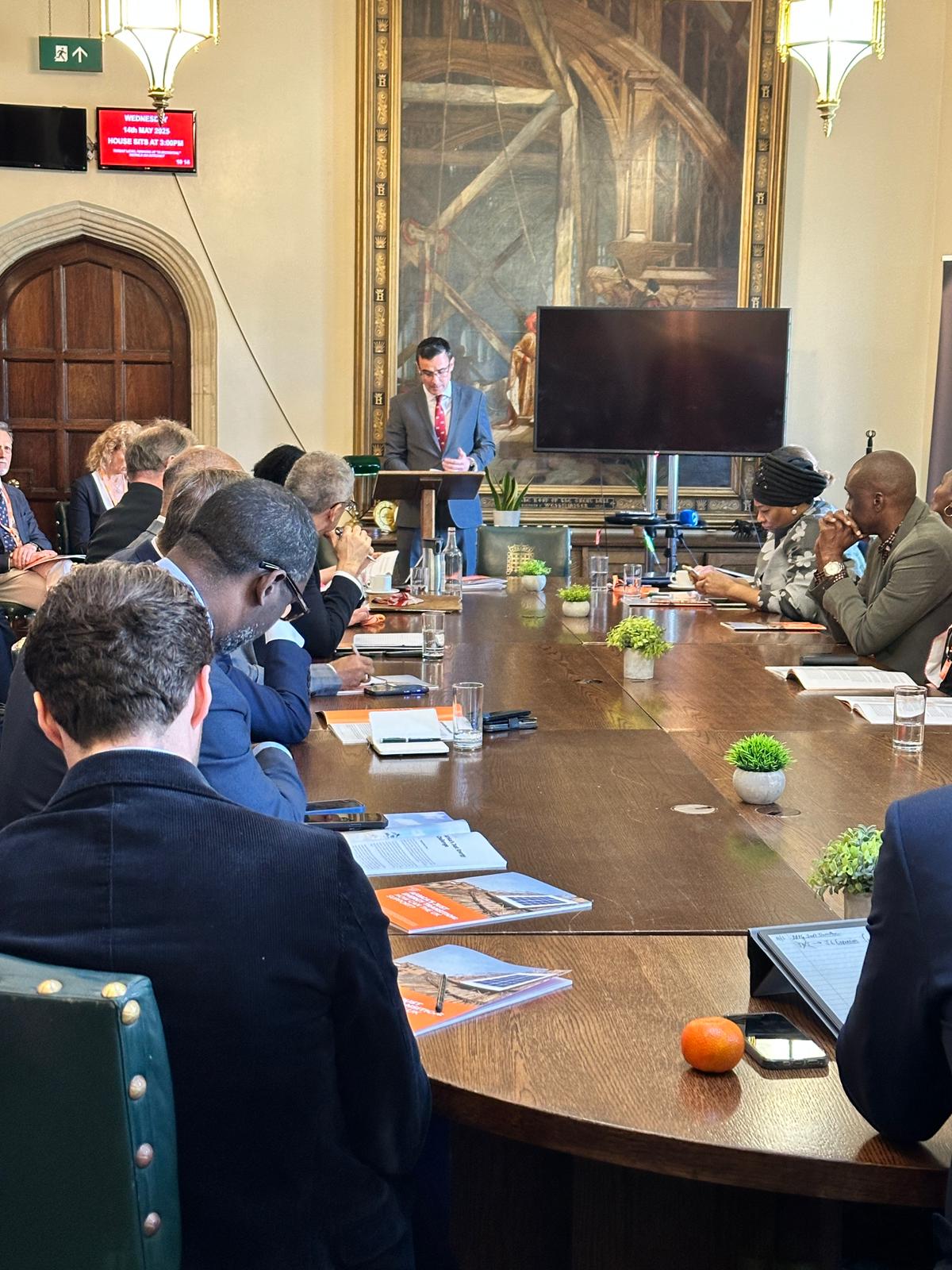United Kingdom (UK) Can Help Africa’s Just Energy Transition

LONDON, United Kingdom, May 15, 2025/ -- Lord Oates “To achieve a just energy transition in Africa that reduces energy poverty and accelerate development in a climate-friendly way will require the UK, other high-income countries and multilateral institutions to step up, in partnership with African countries.”
Download document: https://apo-opa.co/
Parliament’s All Party Parliamentary Group for Africa (APPG) publishes today a report highlighting the importance of achieving a just and rapid energy transition in Africa, one that responds to the need for cleaner energy while expanding energy access and enabling more rapid development. In this transition, Britain has an important and constructive role to play. This report has been produced by the AAPPG in partnership with the Royal African Society (“the Society”), which acts as the Secretariat for the APPG.
As a continent, Africa has contributed least to causing climate change, yet is suffering most from its impact, while 600 million of its 1.4 billion people still have no or only intermittent access to electricity.
With enormous potential for renewable energy, as well as some of the world’s largest carbon sinks and many of the essential minerals for a clean transition, Africa has a crucial role in tackling climate change. But to enable Africans to mitigate and adapt, faster economic development using increased energy supply and access is crucial.
The report, link to doc on RAS website (apo-opa.co/44AMX01): Africa’s Just Energy Transition: How Can the UK Support? is the result of an 18-month inquiry consulting a wide range of witnesses from Africa and beyond. It explores the challenges and solutions to Africa’s energy dilemma, from the use of solar mini-grids and stand-alone systems and clean cooking technologies, to hydro, wind, gas and geothermal energy, and the role of Just Energy Partnerships (JETPs) with South Africa and Senegal.
In particular it looks at how the transition can be financed, from traditional grants and loans, through blended finance and private sector investments, to better use of carbon markets.
It makes nine specific recommendations for action by the British government, covering:
- The need for the UK to deliver on its existing commitments on climate and finance;
- Helping African governments mobilise more domestic resources and international funding for the energy sector;
- Helping African countries create appropriate regulation and a conducive environment for investment;
- Supporting African innovation and industrialisation, including through the work of BII and PIDG.
The report is being sent to the British government and circulated widely in Africa and the UK as an input to policy-making and debate on climate and energy issues.

